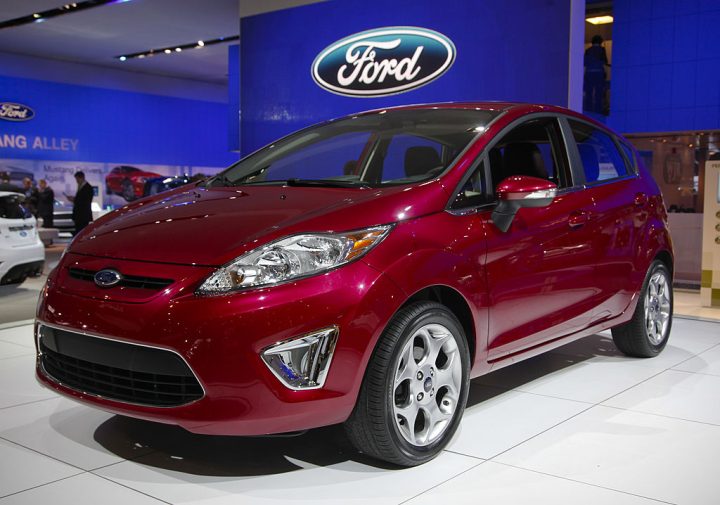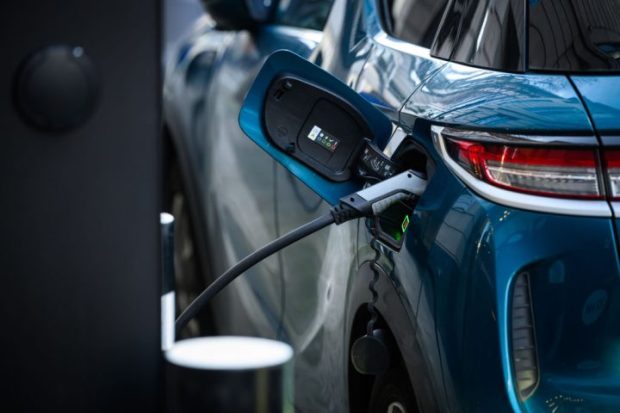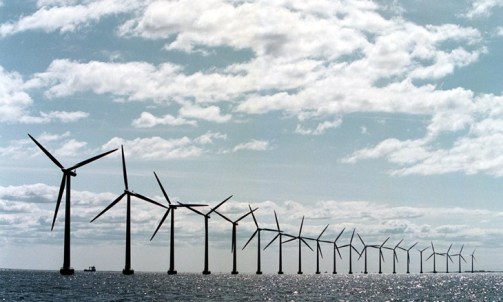The world of business has long been creative with feeble excuses. Even so, the explanation given by Tim Slatter, chairman of Ford in Britain, for slashing 1,300 jobs in the UK, 1,000 of them in product development, does take the biscuit. The company is moving towards a wholly electric fleet of cars by the end of the decade, he says, and as they are simpler cars they will need less product development.
Really? Electric cars may have fewer moving parts than their petrol equivalents and in that sense are less complicated. But they are also relatively novel, especially from a mass-market perspective. There are a great number of technological problems which have to be overcome before they can fulfil the same function as petrol and diesel cars. Their range is still far too short, they still take too long to recharge, they are far too pricey to buy. Their batteries are too heavy and bulky, and there are many issues to sort out regarding the degradation of batteries over time. The industry also has to master recycling – at present only around 5 per cent of them are recycled.
That is a pretty long list to be getting on with. You might think that a confident, ambitious company would be accelerating its spending in research and development at the moment in an effort to get ahead.
Is Ford wise to abandon the mass market, and withdraw from the petrol and diesel market prematurely?
The truth is, Ford has been struggling. Globally, its profits fell unexpectedly in the 4th quarter of last year. Sales, its CEO admitted last week, were 100,000 down on what they should have been last year. Its performance has stuttered compared with its main rival in the US, General Motors. In Britain it was for years unthinkable not to have a Ford car in the top three best-selling models. In January, however, it could occupy a slot no higher than 7th – the Puma. The Fiesta, long the best-selling car in Britain, is now down to 10th, and soon to be discontinued, along with its stablemate the Focus. The Mondeo, once ubiquitous on Britain roads, has already gone.
Ford now says it wants to reinvent itself as a more upmarket, all-electric brand. In the latter, it doesn’t have a lot of choice, given that the government has said that sales of new petrol and diesel cars will be banned from 2030, and hybrids from 2035.
If it wants to emulate Tesla, however, Ford is coming a little late to the party. That is not always a bad thing: after its glory days of pioneering mass productions in the 1910s, Ford was never a great ground-breaker. Rather it sought to do what others had already done better and more cheaply – it switched to hatchbacks and front wheel drive long after other marques, but never suffered from that. It targeted people who wanted to buy the redesign, not the prototype.
But is Ford really wise in seeking to abandon the mass market, and withdrawing from the petrol and diesel market prematurely? If its loyal customers cannot buy a sub-£20,000 Fiesta, they are unlikely to buy a £60,000 electric Mustang instead. They are going to do what many already are doing: switching to cheap Chinese cars instead. The best-selling model in January was the MG HS – not a latter-day open-topped sports car but an everyday petrol or hybrid model which is larger but costs less than a Fiesta (the MG brand is now owned by China’s SAIC corporation).
Just at the time Ford wants to go entirely electric, sales of pure electric cars have stalled at around 13 per cent of the market. It is easy to see why Ford might envy Tesla – which even after its recent plunge still has a market capitalisation six times that of Ford’s. Still, it’s crowded at the top end of the car market. The real business opportunity for a European or US car company is to master the challenge of designing an affordable electric car (while continuing to pull in profits from the remaining years of petrol and diesel, as manufacturers withdraw but buyers are still eager). But Ford is not going to achieve that by downsizing its product development department.
Got something to add? Join the discussion and comment below.
Get 10 issues for just $10
Subscribe to The Spectator Australia today for the next 10 magazine issues, plus full online access, for just $10.





















Comments
Don't miss out
Join the conversation with other Spectator Australia readers. Subscribe to leave a comment.
SUBSCRIBEAlready a subscriber? Log in